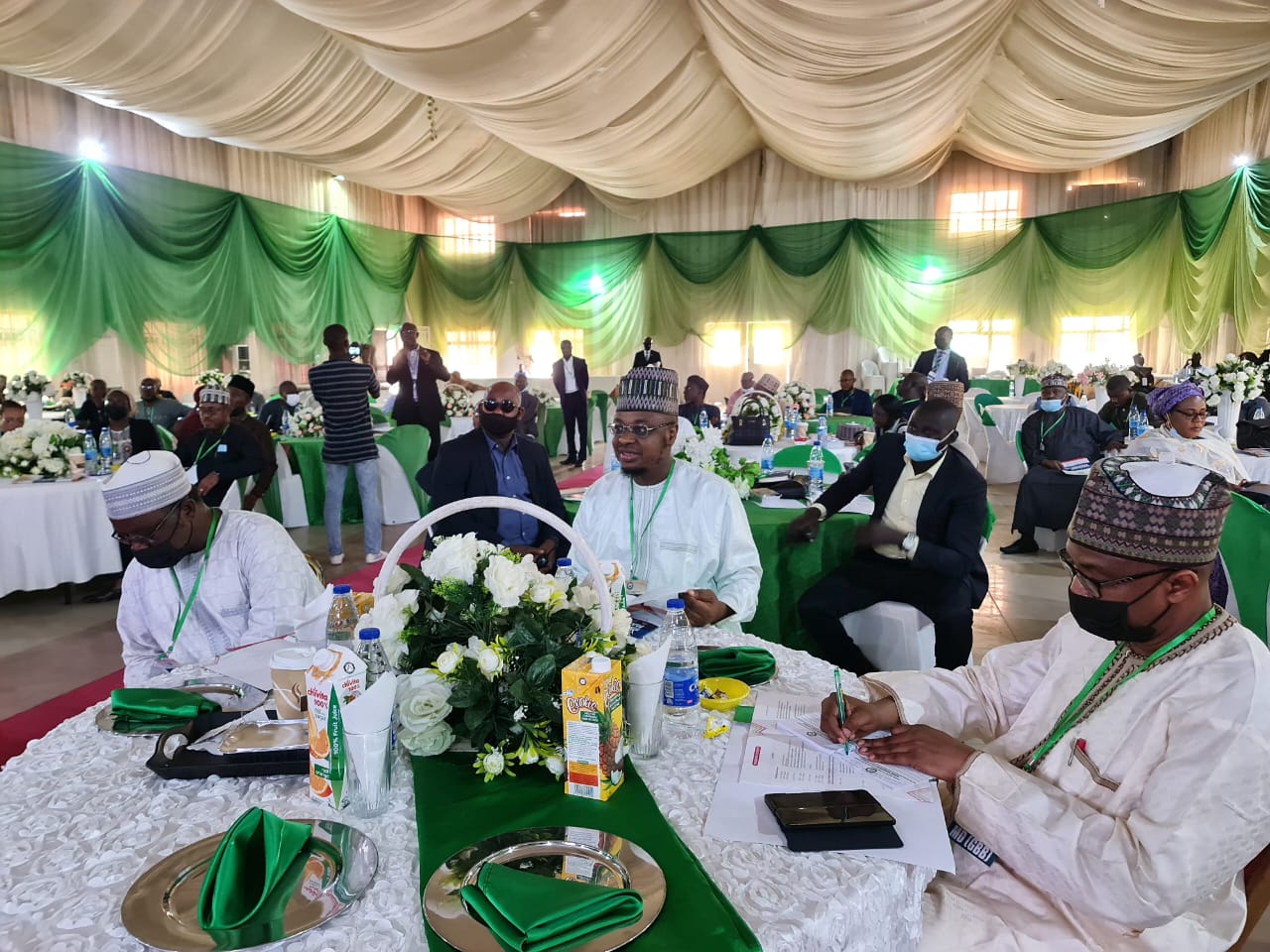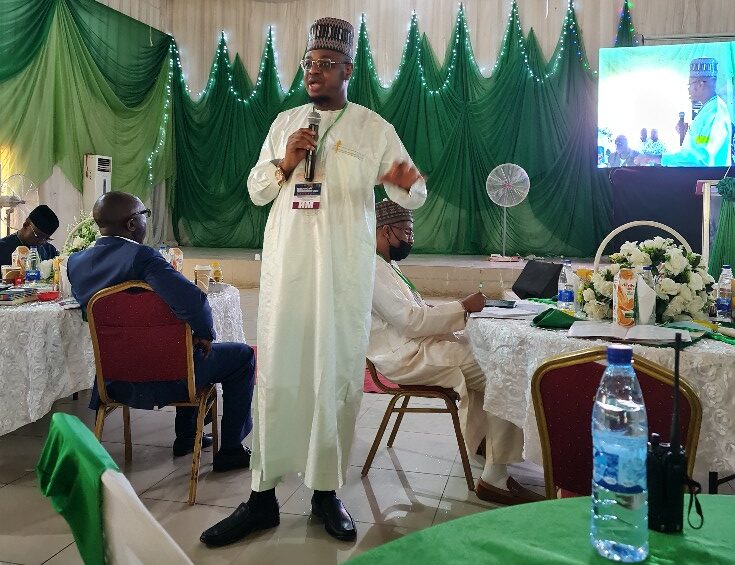Executive Vice Chairman of NCC, Professor Umar has said Danbatta has said the broadband penetration as at December 2021 was 40.88 percent, thus enabling 80 million Nigerians to have access to broadband services.
He disclosed this while explaining the nine pillars in the implementation of the National Digital Economy Policy and Strategy (NDEPS) 2020-2030.
The NCC chief executive stated this at a retreat organised by Federal Ministry of Communications and Digital Economy (FMoCDE) for senior management staff of the Ministry and all its agencies which commenced on March 31, 2022.
The retreat was convened to evaluate the implementation of NDEPS in the context of what has been achieved, what needs to be achieved, and what processes should be emplaced to enhance the capacity of the Ministry and Agencies it superintends to mobilise all stakeholders to accomplish the objectives of NDEPS. The retreat took place at the Nigerian Army Officers Wives’ Association (NAOWA) Centre at Mambilla Barracks, Abuja.
Dambatta said the Digital Bridge Institute (DBI), set up by NCC in 2004, had trained 5,352 students through 49 institutions, provided educational training software to 398 secondary schools, and endowed 7 professorial chairs in various Nigerian universities across all the geopolitical zones.
He also cited 10 of the 16 regulations that have been instituted in giving expression to Governments vision on developmental regulation, which is the first pillar of NDEPS.

Minister of Communications and Digital Economy, Prof. Isa Ali Ibrahim Pantami has commended all the agencies in the communications and digital economy sector for being dedicated to the implementation of the National Digital Economy Policy and Strategy (NDEPS) 2020-2030, and urged them to work collaboratively and co-ordinately in order to achieve the Federal Government’s strategic objectives as articulated in NDEPS.
Citing the most recent report of the World Economic Forum (WEF), the Minister in his keynote and opening address told the forum that synergy among stakeholders in terms of co-operative posture, collaboration, coordination, deployment of social skills such as good listening skills, critical and analytical thinking, emotional intelligence, as well as project management and quality assurance skills, are central to organisational effectiveness, successes and the future of work, as projected by WEF.
Dr. Armstrong Takang, an innovative and technology-for-development specialist, who presented the lead paper as guest speaker, praised the Federal Government for concretely aligning ICT, and digital economy with national economic imperatives. Additionally, he commended NCC for driving the necessary infrastructure purposely and strategically, and for its effectiveness in regulating the telecom sector.










